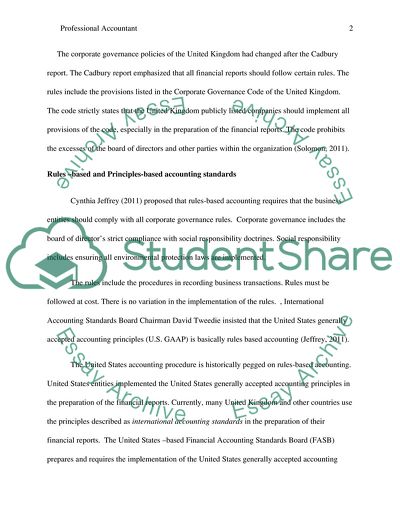Cite this document
(“Professional Accountant and its Objectives Assignment”, n.d.)
Professional Accountant and its Objectives Assignment. Retrieved from https://studentshare.org/finance-accounting/1791798-profissinal-accountant-assignment
Professional Accountant and its Objectives Assignment. Retrieved from https://studentshare.org/finance-accounting/1791798-profissinal-accountant-assignment
(Professional Accountant and Its Objectives Assignment)
Professional Accountant and Its Objectives Assignment. https://studentshare.org/finance-accounting/1791798-profissinal-accountant-assignment.
Professional Accountant and Its Objectives Assignment. https://studentshare.org/finance-accounting/1791798-profissinal-accountant-assignment.
“Professional Accountant and Its Objectives Assignment”, n.d. https://studentshare.org/finance-accounting/1791798-profissinal-accountant-assignment.


